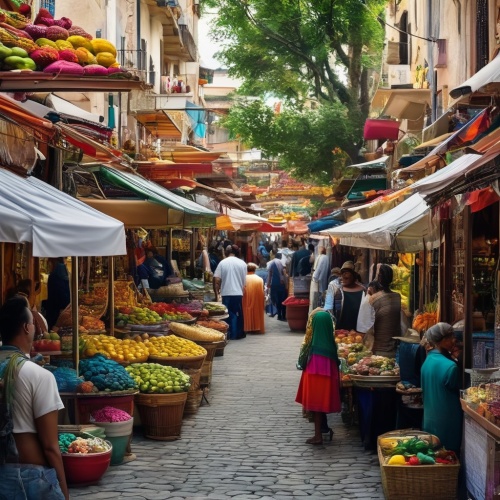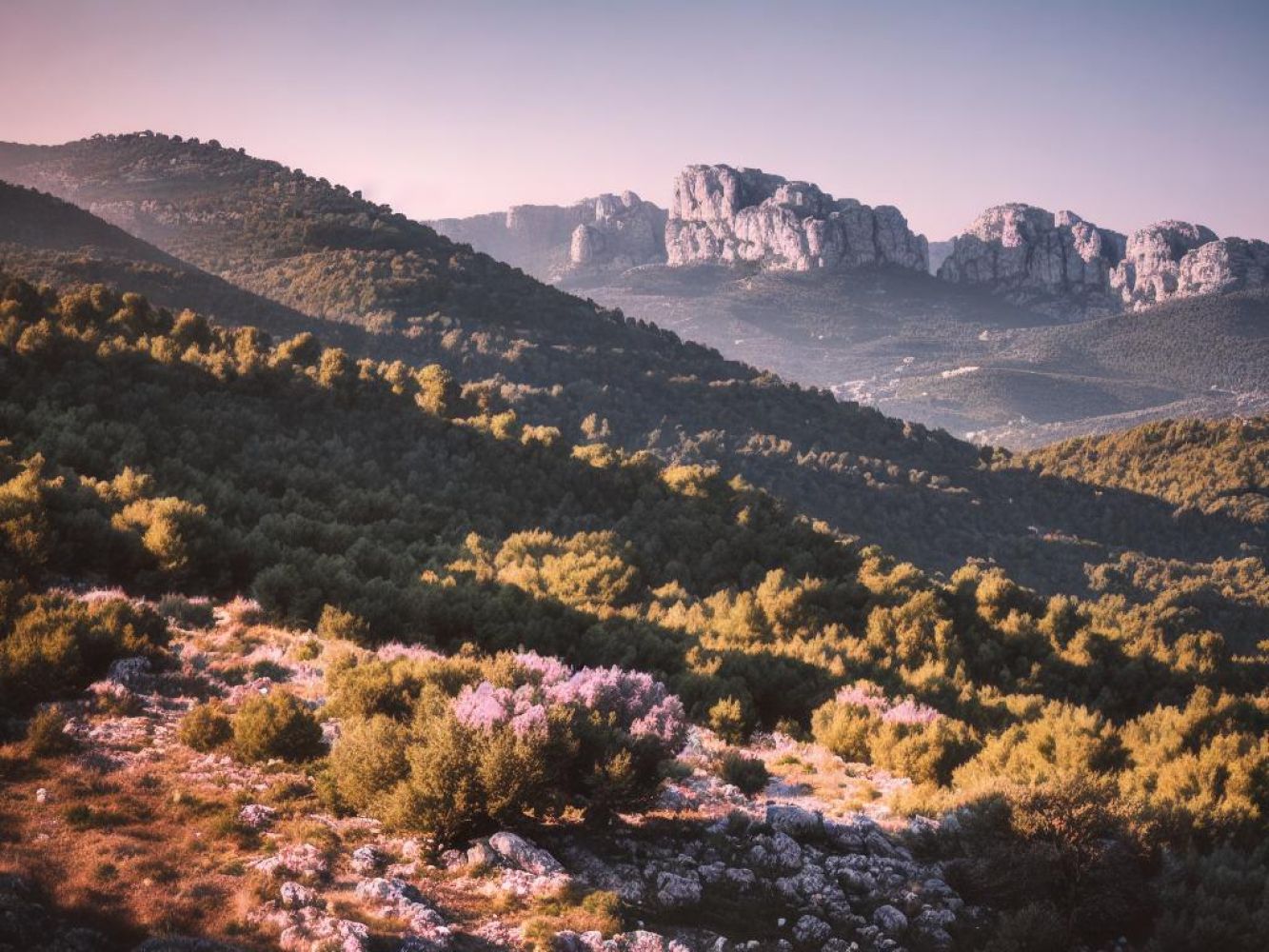Understand
The Cilician Mountains, located in the eastern part of Turkey, offer a wide range of attractions for all types of travelers. History enthusiasts will be captivated by the numerous castles, city ruins, temples, inns, and artifacts dating back to various historical periods such as the Roman, Biblical, Crusade, Seljuq, and Ottoman times. Nature lovers will be awe-inspired by the majestic mountains covered with dense pine forests, providing breathtaking scenic views. The region is also home to endangered Mediterranean Monk Seals and Mediterranean Sea Turtles, making it a haven for conservationists. Adventurers seeking sun and sea will be delighted by the hundreds of miles of pristine beaches, both sandy and pebbled, under the sunny skies of Turkey and Europe. Despite its close proximity to popular tourist areas, traveling in the Cilician Mountains is an authentic experience compared to typical tourism. Instead of fancy European-style cafes, local coffeehouses offer a taste of local culture. Accommodations are more cozy and personal in guesthouses where regional guests stay, rather than large all-inclusive resorts found in package tours. This genuine travel experience brings the advantage of friendlier interactions with locals and lower prices. The western and southern parts of the region are predominantly rugged and wooded, with the dominating presence of the Taurus Mountains. The lack of flatland creates a unique topography where mountains gracefully meet the shoreline. It is surprising that this beautiful and remote area along the Turkish Mediterranean coast has a low population density, resulting in vast distances between towns. The ancient name for this region was Cilicia Trachea, emphasizing its rugged and mountainous nature, while Cilicia Pedias referred to the eastern flatlands. In modern terms, the Cilician Mountains encompass the western and central areas of Mersin Province and a southern section of Karaman Province, which is part of Central Anatolia. The region also holds an important place in Turkey's agriculture, known for its citrus fruits including lemons, oranges, and grapefruits, as well as banana cultivation. The favorable climate with abundant sunshine facilitates intensive greenhouse operations, ensuring a supply of fresh vegetables during the winter months, not only for Turkey but also for parts of Europe.
Map & Climate
Popular Foods
 Dish 1: Köfte - Köfte is a traditional Turkish dish consisting of seasoned minced meat, typically beef or lamb, formed into patties or torpedo shapes and grilled or fried. It's often served with flatbread, vegetables, and a yogurt-based sauce called cacık.
Dish 1: Köfte - Köfte is a traditional Turkish dish consisting of seasoned minced meat, typically beef or lamb, formed into patties or torpedo shapes and grilled or fried. It's often served with flatbread, vegetables, and a yogurt-based sauce called cacık.  Dish 2: Kebap - Kebap refers to a variety of grilled meat dishes in Turkish cuisine, typically featuring marinated cubes or thin slices of beef, lamb, or chicken, skewered and grilled over an open flame. They can be served plain or with a side of rice, bulgur, or flatbread, and often accompanied by a range of sauces and condiments.
Dish 2: Kebap - Kebap refers to a variety of grilled meat dishes in Turkish cuisine, typically featuring marinated cubes or thin slices of beef, lamb, or chicken, skewered and grilled over an open flame. They can be served plain or with a side of rice, bulgur, or flatbread, and often accompanied by a range of sauces and condiments.  Dish 3: Baklava - Baklava is a sweet pastry made of layers of filo dough, chopped nuts (usually walnuts or pistachios), and butter, then cut into diamond or square-shaped portions and held together with honey or sugar syrup. This rich, crunchy dessert is a staple in Turkish cuisine and often enjoyed during special occasions or as a treat.
Dish 3: Baklava - Baklava is a sweet pastry made of layers of filo dough, chopped nuts (usually walnuts or pistachios), and butter, then cut into diamond or square-shaped portions and held together with honey or sugar syrup. This rich, crunchy dessert is a staple in Turkish cuisine and often enjoyed during special occasions or as a treat. 




Comments
NO COMMENTS